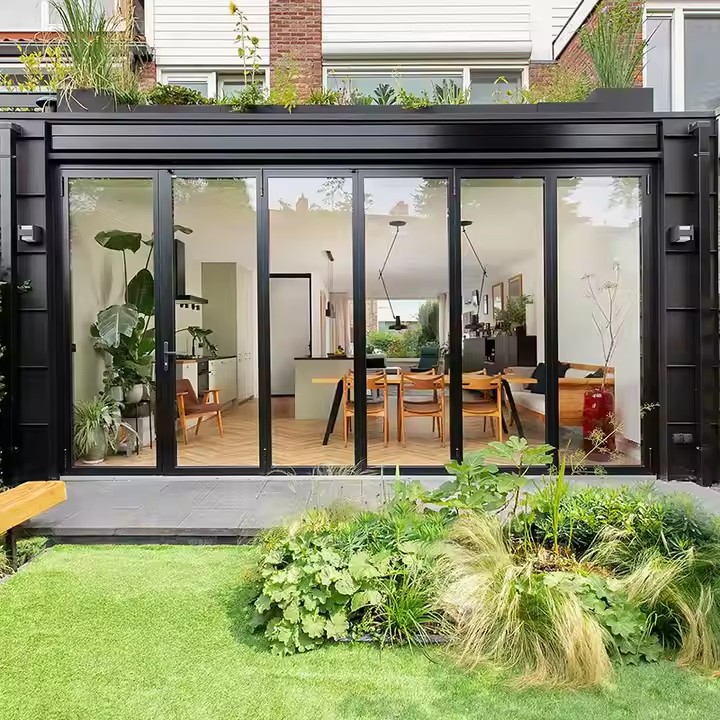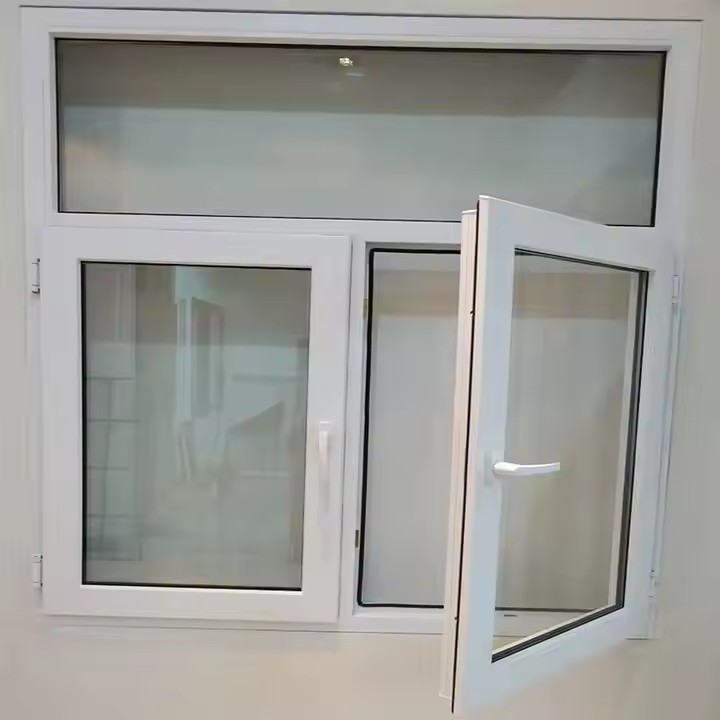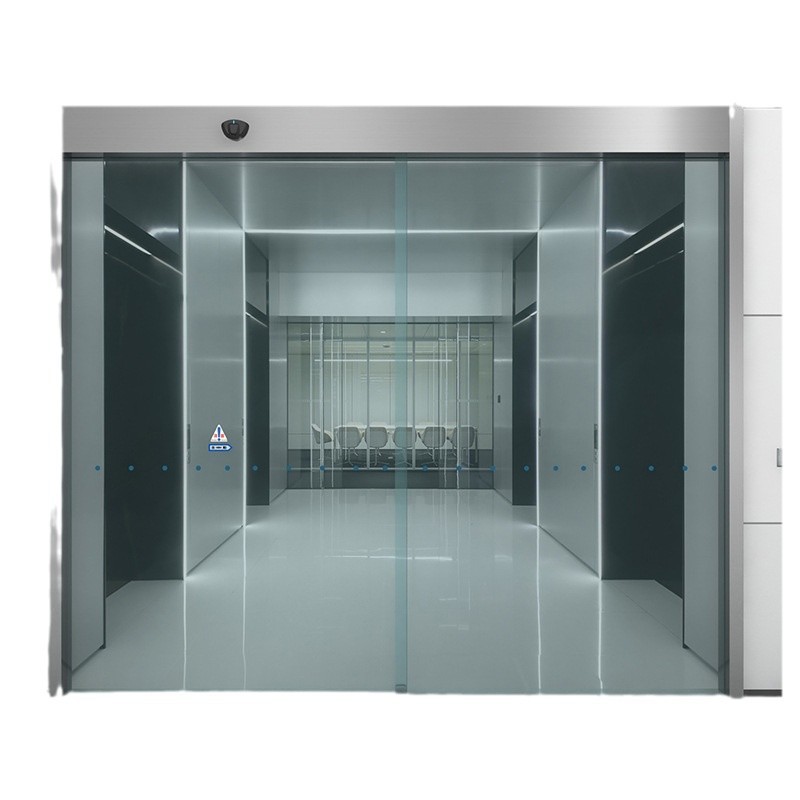One of the main functions of a door is to prevent break-ins. So, how can we make a sliding door more secure during manufacturing?
Sliding doors are popular in homes, especially on balconies and in kitchens, because they are easy to open and save space. However, they can have security weaknesses due to their structure. To improve their security, we can choose better materials for the frame, glass, hardware, and extra safety parts. This article looks at all these areas and gives practical advice to help you understand how different materials work to prevent break-ins. When choosing hardware parts—like handles and locks—it’s important to pick high-quality ones to make a truly secure and reliable door.
- Frame Materials: The Base of Security
The frame supports the whole door. Its strength and resistance to force are key for good security. Common frame materials include aluminum alloy, thermal-break aluminum, steel, and wood. A good security frame must be strong and supportive.
1.1 Aluminum Alloy: Lightweight and Strong
Aluminum alloy is the most common frame material for sliding doors. It is lightweight, rust-resistant, and affordable. For better security:
Thickness: Standard aluminum frames are 1.0–1.2 mm thick. Security doors should use 1.4 mm or thicker. For example, China’s national standard GB/T 8478-2020 says high-rise sliding doors should use profiles at least 1.4 mm thick to resist prying.

Chamber Design: Use multi-chamber profiles (like 3-chamber or 5-chamber). These make the frame stronger and spread out any impact. Some brands also add reinforcement ribs inside to improve wind pressure resistance by 30%. Choose more chambers for high-rise buildings; fewer chambers for small houses.
Surface Treatment: Use fluorocarbon coating or thermal-break design. Fluorocarbon makes the surface harder and scratch-resistant. Thermal-break uses PA66 nylon to separate inside and outside parts, improving insulation and preventing warping from temperature changes.
1.2 Thermal-Break Aluminum: Stronger Security and Insulation
This is an improved version of aluminum alloy, with an insulating strip in the middle.
Anti-pry Design: Some frames add hooks on the inside that lock tightly when closed, making it hard to insert tools and pry the door open.
Best For: Cold or street-facing areas where both security and insulation are important. It costs 30–50% more than standard aluminum.
1.3 Steel: Maximum Strength
Steel is much stronger than aluminum but also heavier, more expensive, and can rust.
Use: Heavy-duty sliding doors for warehouses or shops. These can have frame thicknesses of 2.0–3.0 mm and are often welded to make them stronger.
Anti-rust Treatment: Use 304 stainless steel or galvanized steel with powder coating to prevent rust in humid places.
1.4 Wood: Beautiful but Less Secure
Solid wood doors look good but aren’t very secure.
Improved Design: Use a composite frame made of wood with a metal core inside (aluminum or steel) to make it stronger.

Surface Treatment: Use strong wood paint and add metal edge strips to protect the door from impact.
- Glass Materials: Important for Preventing Break-ins
Sliding doors usually have large glass areas, which are weak points. Choose glass that balances light, strength, and safety. Common types include regular glass, tempered glass, laminated glass, and bulletproof glass.
2.1 Tempered Glass: Basic Upgrade
Tempered glass is heated and cooled quickly to make it stronger.
Strength: About 5 times stronger than regular glass. For example, 5 mm tempered glass can take about 200J of impact and is hard to break.
Safety: If it does break, it shatters into small, dull pieces that are less likely to hurt people. However, it can sometimes break on its own (about 0.3% chance), so it’s better to choose treated tempered glass to reduce this risk.
Use: Great for normal home security sliding doors. Choose at least 5 mm thick glass, or 6–8 mm for higher floors or street-facing doors.

